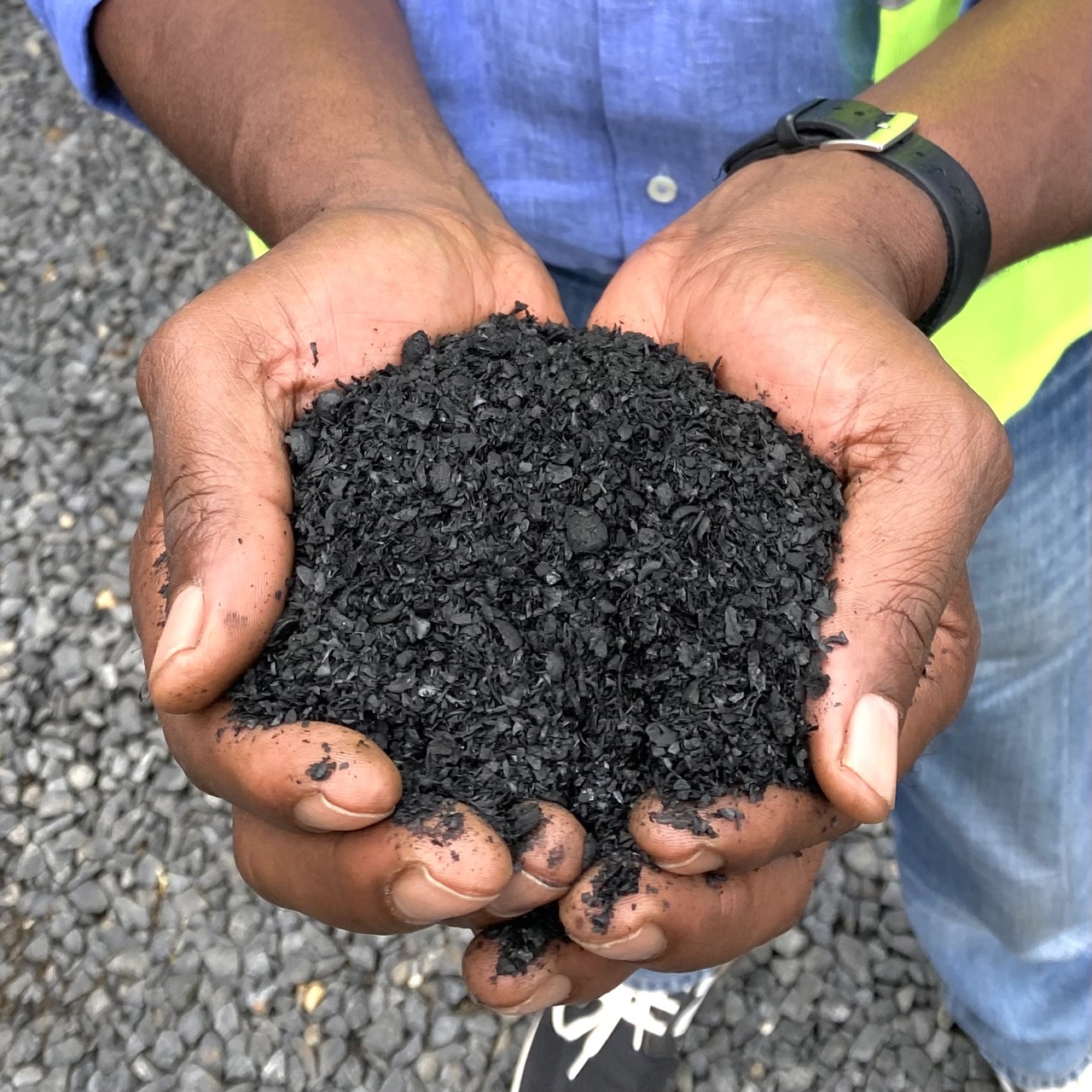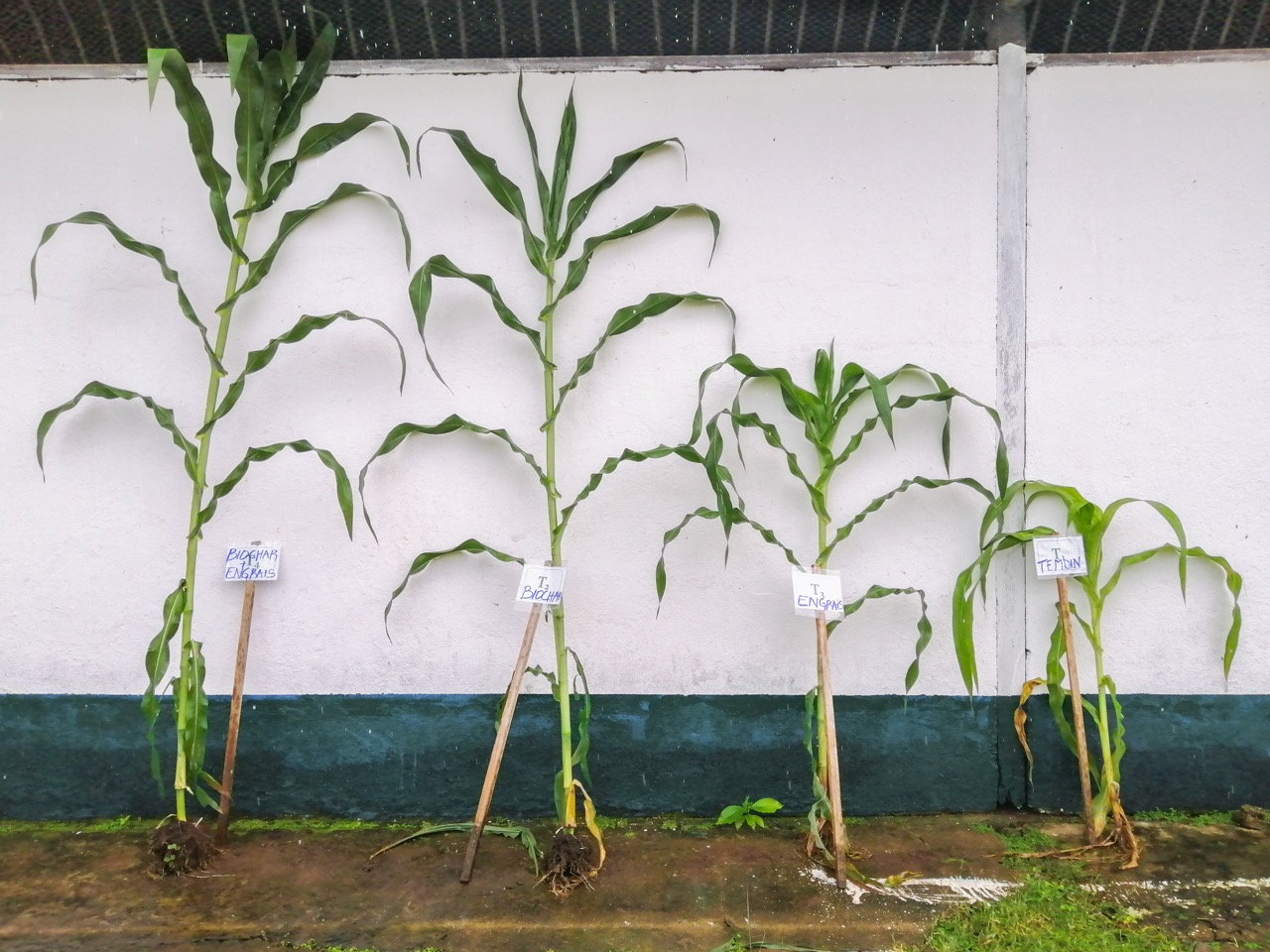What is biochar?
Biochar can be made from a wide range of organic matter, as long as it is renewable. At NetZero, we only use agricultural residues as a feedstock. For example: coffee or cocoa husks and shells; sugarcane bagasse; coconut shells and fibers; peanut or cashew shells; palm empty bunches.
This feedstock is turned into biochar through pyrolysis, a thermochemical reaction where intense heating in the absence of oxygen breaks down complex molecular chains and rearranges molecular bonds to form a solid, very stable product – biochar.
Although biochar can be used for many purposes, we focus on its agricultural use, which requires to mix it with topsoil.
The production process of biochar generates significant amounts of renewable energy in the form of gases and heat. At NetZero, we recover this energy to reuse part of it for our own needs and supply local partners with the remaining part, whether as electricity or heat.

